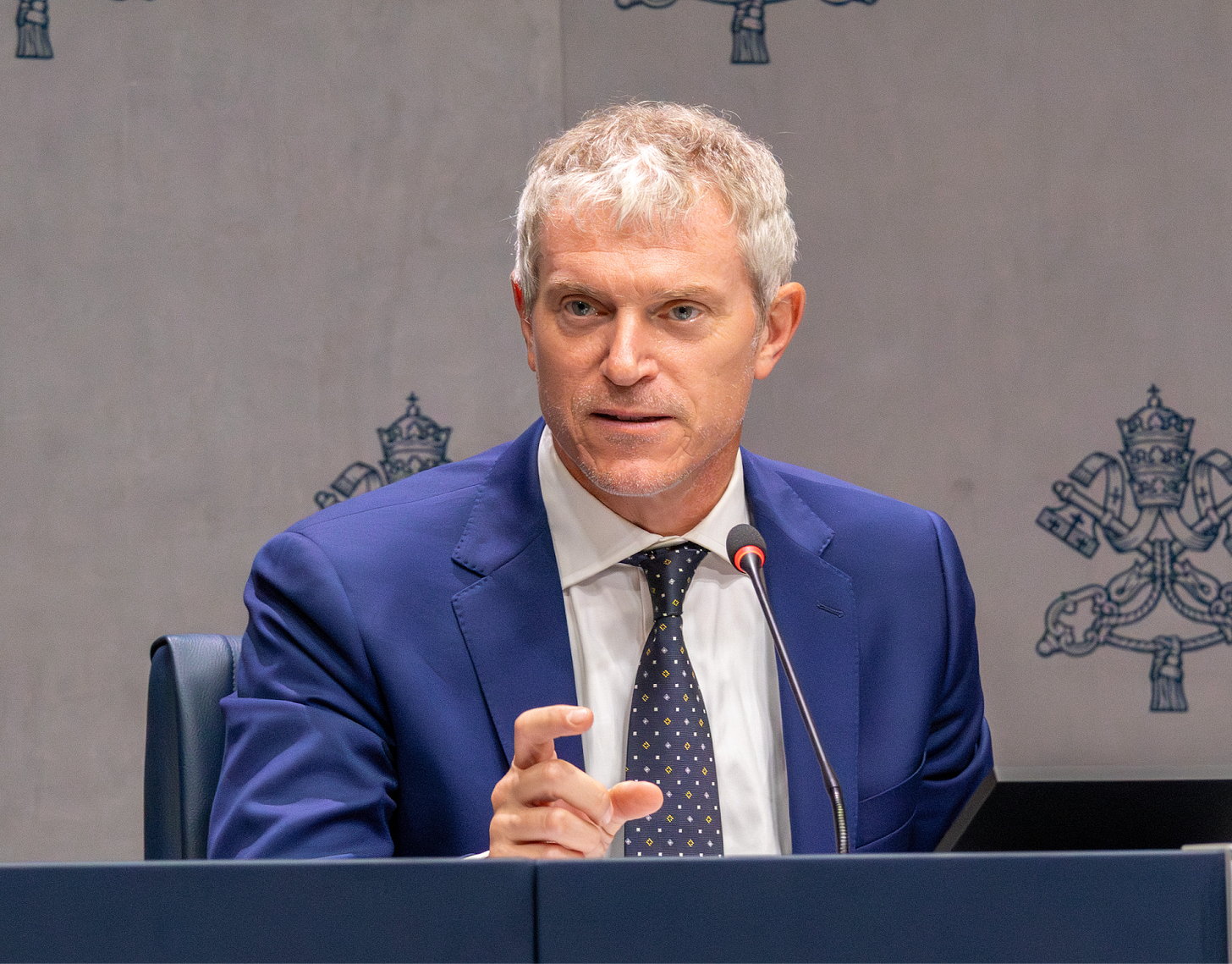Vatican spokesman: ‘Traditionis custodes’ leak ‘very partial’
“It’s a contribution to a very partial and incomplete reconstruction of the decision-making process.”
A Vatican spokesman argued Thursday that leaked documents suggesting the world’s bishops did not favor a clampdown on the Extraordinary Form of the Roman Rite when they were surveyed in 2020 were “very partial and incomplete.”

At a …
